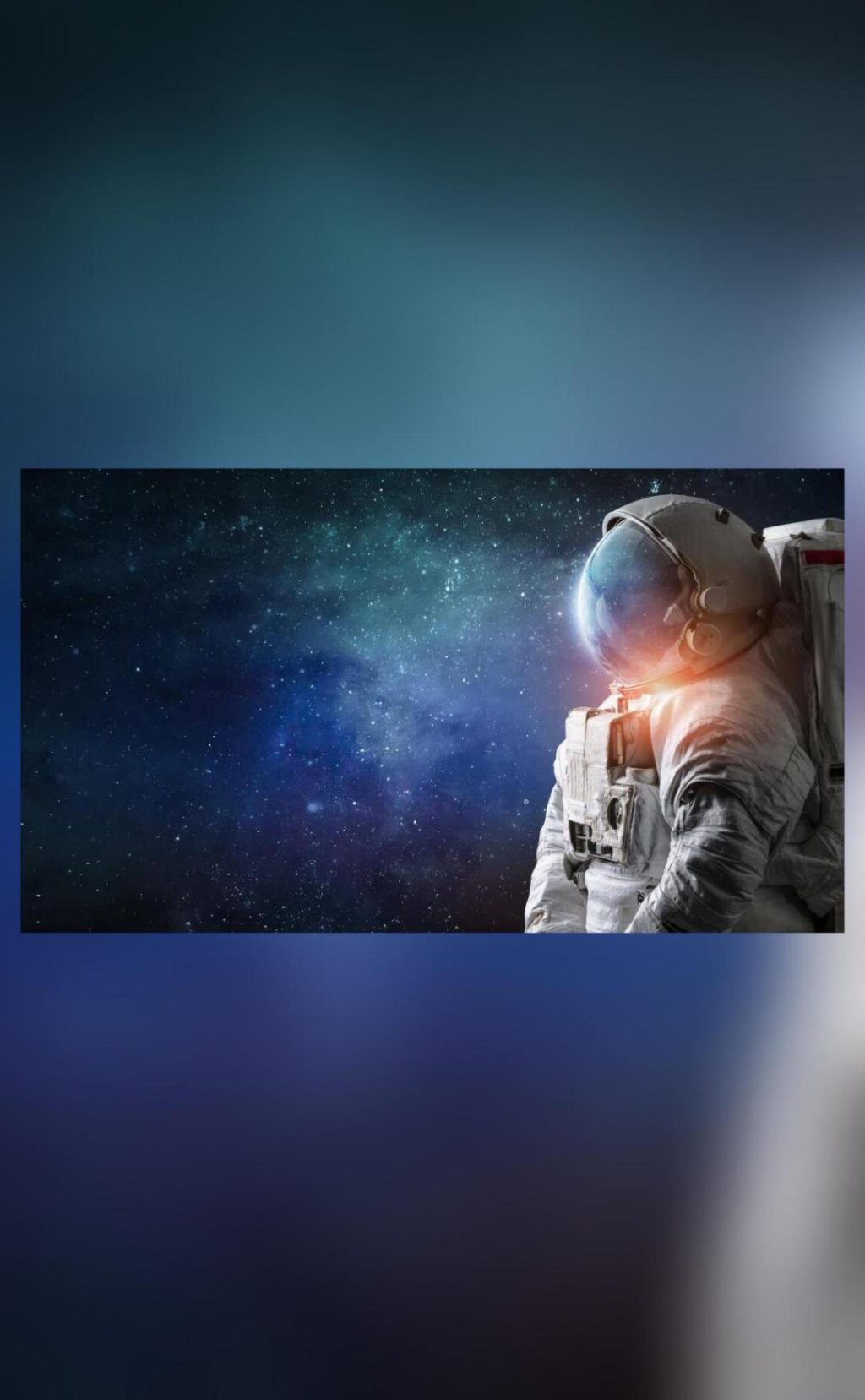
Google & NASA Create AI Medical Assistant for Mars Missions
Space exploration has always been a daunting task, but the prospect of sending humans to Mars has made it even more challenging. With the vast distances between Earth and Mars, medical care becomes a significant concern for astronauts on long-duration space missions. To address this issue, NASA and Google have collaborated to create an AI-powered medical assistant, known as the Crew Medical Officer Digital Assistant (CMO-DA). This innovative technology aims to provide accurate and timely medical diagnoses, ensuring the health and well-being of astronauts on Mars and other space missions.
The Need for AI-Powered Medical Care in Space
Space travel poses unique health risks to astronauts, including radiation exposure, isolation, and confined spaces. Medical conditions can quickly escalate in these environments, making it essential to have a reliable and efficient medical system. Traditional telemedicine solutions are often limited by connectivity issues and latency, which can be disastrous in critical medical situations. The CMO-DA addresses these challenges by utilizing artificial intelligence (AI) and machine learning (ML) algorithms to process vast amounts of medical data, providing instant diagnoses and recommendations.
How the CMO-DA Works
The CMO-DA is a multimodal system that processes speech, text, and images to provide diagnostic accuracy. It was developed using Google Cloud’s Vertex AI platform, which enables the AI model to learn from a vast dataset of medical cases and patient information. The system is designed to mimic the workflow of a human medical professional, allowing it to understand and respond to complex medical queries.
When an astronaut reports a medical issue, the CMO-DA is activated, and it begins to process the information. The AI system uses natural language processing (NLP) to analyze the astronaut’s symptoms, medical history, and any relevant medical images. This information is then used to generate a list of possible diagnoses, along with recommendations for treatment and further testing.
Diagnostic Accuracy and Testing
The CMO-DA has been tested in a series of simulations, showcasing its diagnostic accuracy and potential to revolutionize medical care in space. In one study, the AI system achieved a diagnostic accuracy rate of 88% for ankle injuries, demonstrating its ability to accurately diagnose and recommend treatment for common medical conditions. In another test, the CMO-DA achieved an accuracy rate of 80% for ear pain, highlighting its potential to provide timely and effective medical care for astronauts.
These results are promising, as they indicate that the CMO-DA can provide reliable and accurate medical diagnoses, even in the most challenging environments. By leveraging AI and ML algorithms, the system can process vast amounts of data quickly and efficiently, allowing medical professionals to make informed decisions and provide effective treatment.
The Future of AI-Powered Medical Care in Space
The CMO-DA is just the beginning of a new era in AI-powered medical care in space. As the technology continues to evolve, we can expect to see even more sophisticated systems that can diagnose and treat a wide range of medical conditions. The potential applications of AI in space medicine are vast, from monitoring vital signs and detecting anomalies to providing personalized treatment recommendations and even performing complex surgical procedures.
As NASA and Google continue to collaborate on AI-powered medical care, we can expect to see significant advancements in the field. With the CMO-DA, we have taken a crucial step towards ensuring the health and well-being of astronauts on Mars and other space missions. As we look to the future of space exploration, it is essential that we prioritize the medical care of our astronauts, and the CMO-DA is a vital component of this effort.
Conclusion
The CMO-DA is a groundbreaking innovation in AI-powered medical care, providing a reliable and efficient solution for medical diagnoses and treatment in space. By leveraging Google Cloud’s Vertex AI platform, NASA and Google have created a system that can process vast amounts of medical data, providing instant diagnoses and recommendations. With its diagnostic accuracy rates of 88% for ankle injuries and 80% for ear pain, the CMO-DA has the potential to revolutionize medical care in space.
As we continue to push the boundaries of space exploration, it is essential that we prioritize the medical care of our astronauts. The CMO-DA is a vital component of this effort, providing a reliable and efficient solution for medical diagnoses and treatment. With its potential to improve the health and well-being of astronauts on Mars and other space missions, the CMO-DA is a testament to the power of collaboration and innovation.
News Source:






